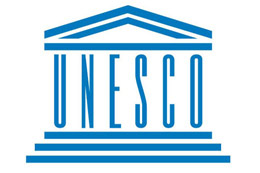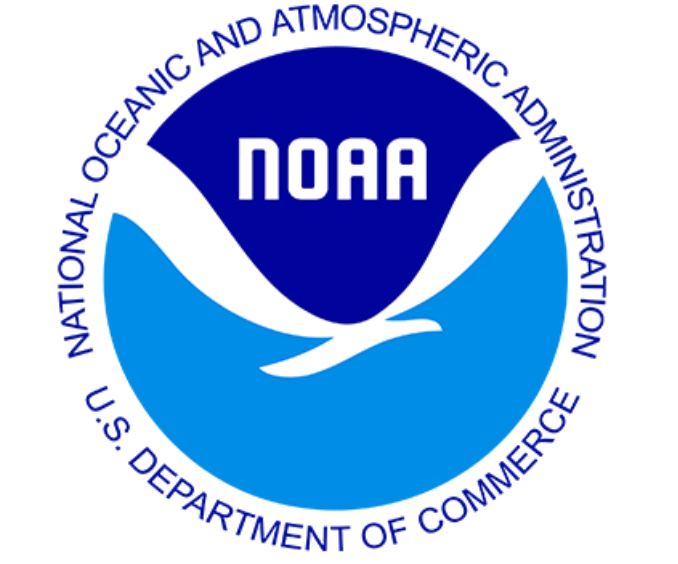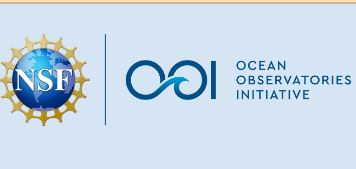A United Nations Programme Specialist is sought in the field of Water Quality. The incumbent is responsible for providing thematic planning, coordination, implementation, monitoring of programmes, projects and activities related to water quality, as well as other related activities of the section and division as outlined in the C4/C5, relevant global development agendas and in accordance with the IHP Strategic Plan and its related operational implementation plan.
In particular, the incumbent will:
- Participate substantively in the design, development of and coordinate, implement and monitor programme and project activities, along the line of IHP strategic plan, related operational plan as outlined in the C4/ C5 focusing on water quality and related issues including ecohydrology.
- Facilitate and support research, networking, and capacity building programmes to help IHP national committees and member states on the implementation of IHP priorities related to water quality and related issues.
- Contribute substantively to the production of high-quality scientific knowledge base, data, tools, and methodologies to address water quality and pollution challenges in coordination with relevant category II centers and chairs.
- Promote, and facilitate the deployment of water quality related tools and products in member states and produce relevant publications and ensure wide disseminations of tools and publications to member states and stakeholders through organization of scientific events, workshops, training courses, exhibition and outreach activities.
- Maintain relation with professional, scientific and UN organizations and create and supports scientific network related to water quality and related issues.
- Contribute to mobilize and raise extrabudgetary resources by developing concept notes and project proposals on the basis of situational analysis and needs assessments and in accordance with the C/5, to support RP activities and implementations, monitor related projects and programmes in line with approved objectives and deliverables.
View the Full Vacancy Announcement HERE. To apply, please visit the UNESCO careers website.




